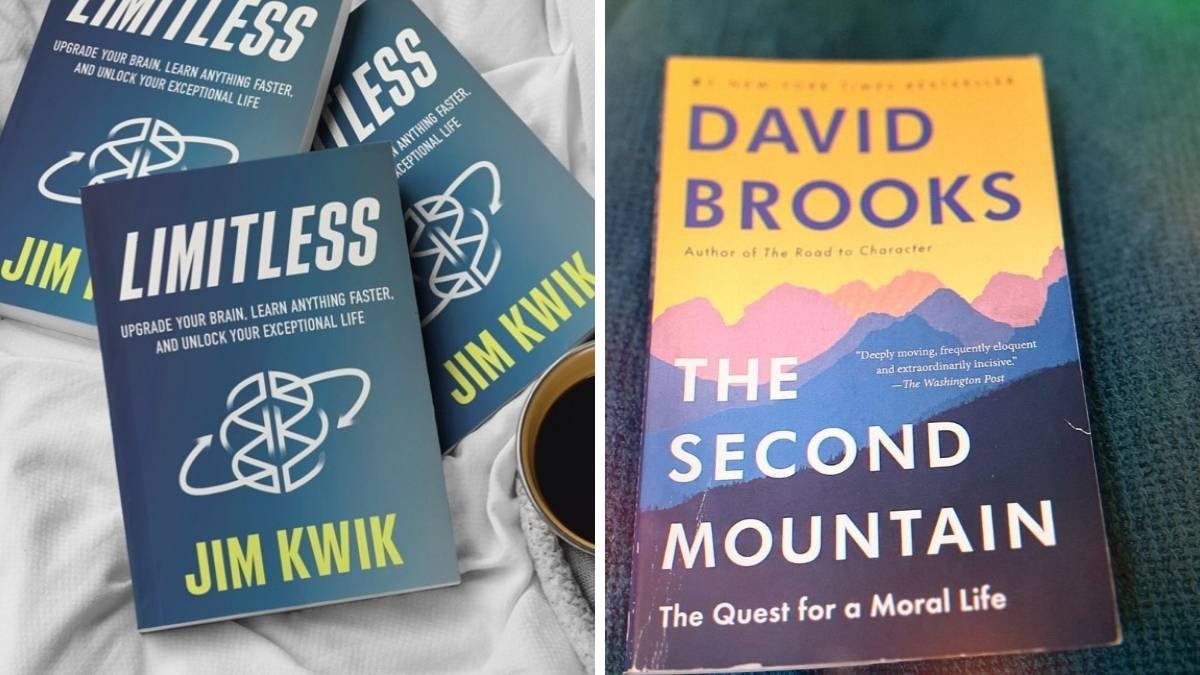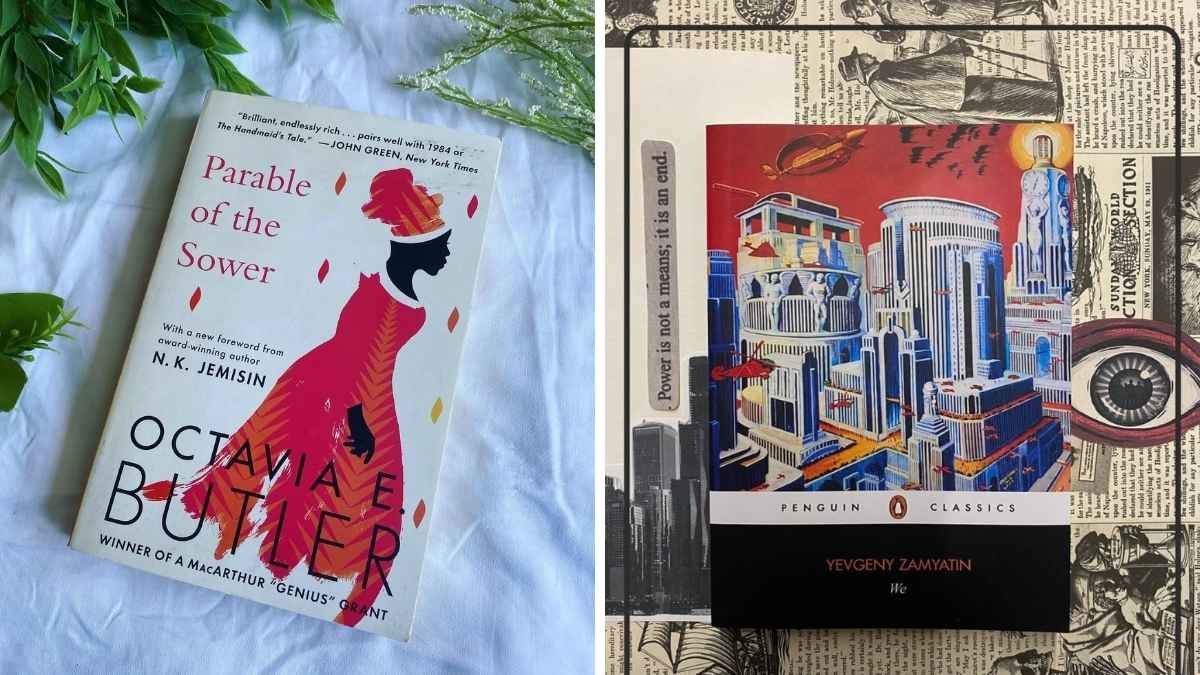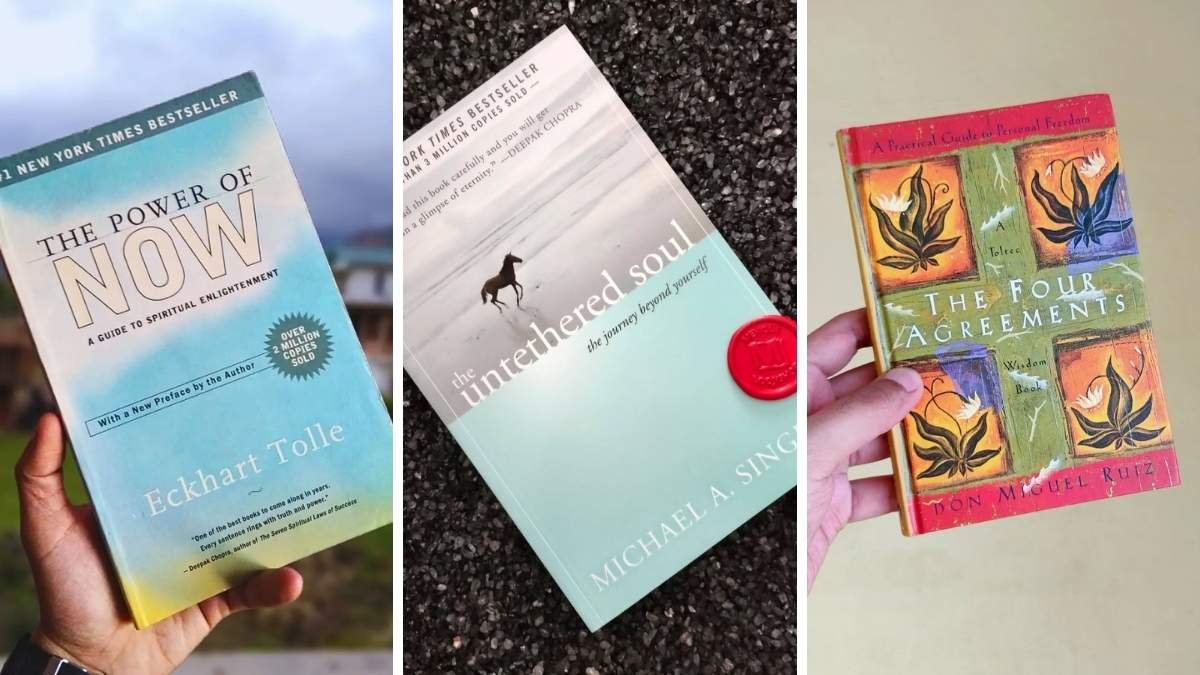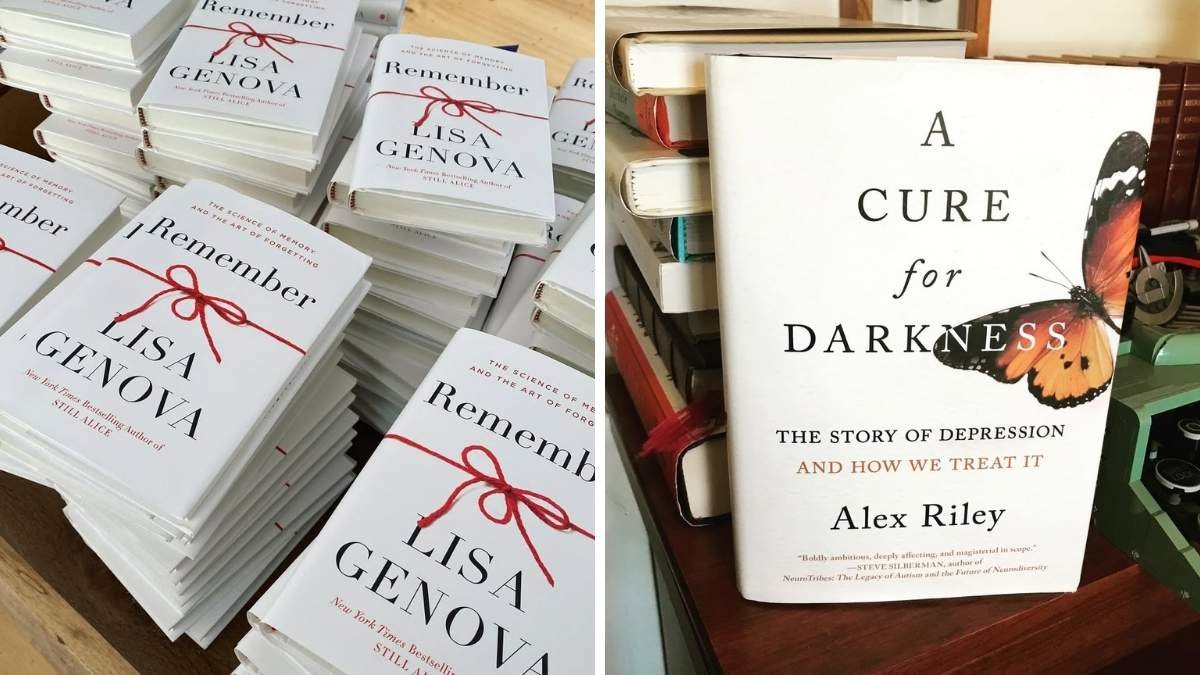
Adulting—managing stress, navigating relationships, leading teams, or simply staying sane during chaos—isn’t something they teach in school. But the good news? Emotional intelligence (EQ) is a skill you can cultivate.
Whether you’re a first-time manager, a parent, or someone trying to stop sabotaging their happiness, these 10 books are your cheat codes. Let’s dive into the first five, packed with insights that will make you think, “Why didn’t I read this sooner?”
1. Emotional Intelligence 2.0 by Travis Bradberry & Jean Greaves

If you’ve ever walked into a meeting determined to stay calm and poof—you snap at your colleague, this book is your lifeline. Bradberry and Greaves break EQ into four pillars: self-awareness, self-management, social awareness, and relationship management. They even toss in a free online test to assess your current EQ level. Where most books preach theory, this one hands you a roadmap.
Key quote: “EQ isn’t a personality trait—it’s a set of learnable skills.”
Why it matters: The authors argue that high EQ predicts 58% of job performance, making it more impactful than IQ. Even better? You’ll learn why venting anger at the gym is smarter than venting it at your spouse.
2. Crucial Conversations: Tools for Talking When Stakes Are High by Kerry Patterson et al.

Ever avoided a tough talk because you feared it’d end in tears or a slammed door? This book is your Swiss Army knife for high-stakes chats. The authors teach you to “start with the heart” (focus on mutual purpose) and “keep the pool of meaning” (listen and share facts). You’ll learn to speak up without blowing up.
Pro tip: The “path to action” model explains how emotions escalate from stories to feelings. Use this to defuse arguments before they start.
Why it’s clutch: Whether you’re negotiating a raise or addressing a friend’s betrayal, the tools here turn dread into dialogue.
3. The EQ Edge: Emotional Intelligence and Your Success by Steven J. Stein & Howard E. Book

If Emotional Intelligence 2.0 is EQ 101, this is the honors class. Stein and Book dive into neuroscience, showing how emotions hijack your brain (thanks, amygdala!) and how to reclaim control. Their stories of leaders who transformed their careers by improving EQ will make you believe change is possible.
Bold takeaway: EQ isn’t just “nice to have”—it’s the #1 predictor of leadership success.
Real-world example: A CEO who once lashed out at employees learned to pause, breathe, and rephrase his feedback. Result? Productivity soared.
4. Seeking Wisdom: From Darwin to Munger by Peter Bevelin

This philosophical deep dive isn’t just about EQ—it’s about mastering decision-making through mental models. Bevelin uses wisdom from Charlie Munger, Darwin, and Stoic philosophers to teach you how to avoid cognitive biases. Think of it as EQ meets critical thinking.
Why it’s unique: While most EQ books focus on emotions, this one trains you to spot irrational thoughts before they derail you.
Bonus: Munger’s “latticework of mental models” will make you a sharper thinker in all areas of life.
5. Dare to Lead: Brave Work, Tough Conversations, Whole Hearts by Brené Brown

Brené Brown’s research on vulnerability and shame is legendary, and this book applies it to leadership. She argues that true leadership requires courage, not perfection. You’ll learn to own your failures and foster psychological safety in teams.
Key lesson: Vulnerability isn’t weakness—it’s the birthplace of innovation and trust.
Why leaders love it: Her “clear is kind” communication rule helps managers give feedback without crushing morale.
6. The Highly Sensitive Person by Elaine N. Aron

If you’ve ever felt overwhelmed by the emotions of others or if the hustle and bustle of the world leaves you drained, Elaine Aron’s book is your sanctuary. Aron argues that sensitivity isn’t a flaw but a superpower. Highly sensitive individuals (HSPs) possess heightened awareness of emotions, environments, and subtle cues. They may feel deeply affected by criticism or criticism from others, yet they also excel at empathy and creativity. The book provides practical strategies to help HSPs harness their sensitivity, such as setting boundaries, practicing self-care, and embracing their unique traits.
Why it’s transformative: Aron’s research reveals that 15–20% of the population are HSPs. By understanding and nurturing your sensitivity, you can turn emotional overload into emotional intelligence. Whether you’re an HSP or someone who loves one, this book offers profound insights.
7. The Body Is Not an Apology by Sonya Renee Taylor

Sonya Renee Taylor’s book is a manifesto for radical self-love. She challenges societal norms that equate worth with physical appearance and encourages readers to embrace their bodies and emotions unapologetically. “The body is not an apology” means you don’t need to apologize for existing or for your emotions. The book delves into topics like body positivity, mental health, and intersectionality, teaching readers to cultivate compassion for themselves and others.
Why it matters: Emotional intelligence starts with self-acceptance. Taylor’s writing is both fierce and tender, reminding us that loving ourselves is the foundation of loving others.
8. Love for Imperfect Things: How to Accept Yourself in a World Striving for Perfection by Haemin Sunim

As a Zen Buddhist writer, Haemin Sunim’s book is filled with wisdom for finding peace in an imperfect world. He encourages readers to accept their flaws and limitations, arguing that imperfection is the essence of being human. “The only way to find peace is to make peace with yourself,” he writes. The book explores mindfulness, self-compassion, and the art of letting go, offering practical exercises to help readers cultivate emotional resilience.
Why it resonates: In a culture obsessed with perfection, Sunim’s message is a balm for the soul. By embracing imperfection, we can nurture deeper connections with ourselves and others.
9. The 5 AM Club by Robin Sharma

While not exclusively focused on emotional intelligence, this book offers valuable insights into self-discipline and mental resilience. Sharma advocates waking up at 5 AM to gain an edge over others, using the early hours for exercise, reflection, and learning. The book introduces the 20/20/20 formula and the 90/90/1 rule, emphasizing consistency and long-term growth. “Discipline is the bridge between goals and accomplishment,” Sharma writes.
Why it’s empowering: By mastering your mornings, you gain control over your emotions and actions. This book teaches you to harness discipline as a tool for emotional intelligence.
10. Rising Strong by Brené Brown

In Rising Strong, Brené Brown explores how to navigate failure and setbacks with resilience. She outlines three stages of growth: The Reckoning (acknowledging emotions), The Rumble (challenging limiting beliefs), and The Revolution (rewriting your narrative). “Vulnerability is not weakness; it’s our greatest measure of courage,” Brown asserts. The book is packed with research, stories, and actionable advice to help readers transform adversity into strength.
Why it’s essential: Failure is inevitable, but how we respond to it defines us. Brown’s work teaches us to rise stronger, fostering emotional maturity and courage.







